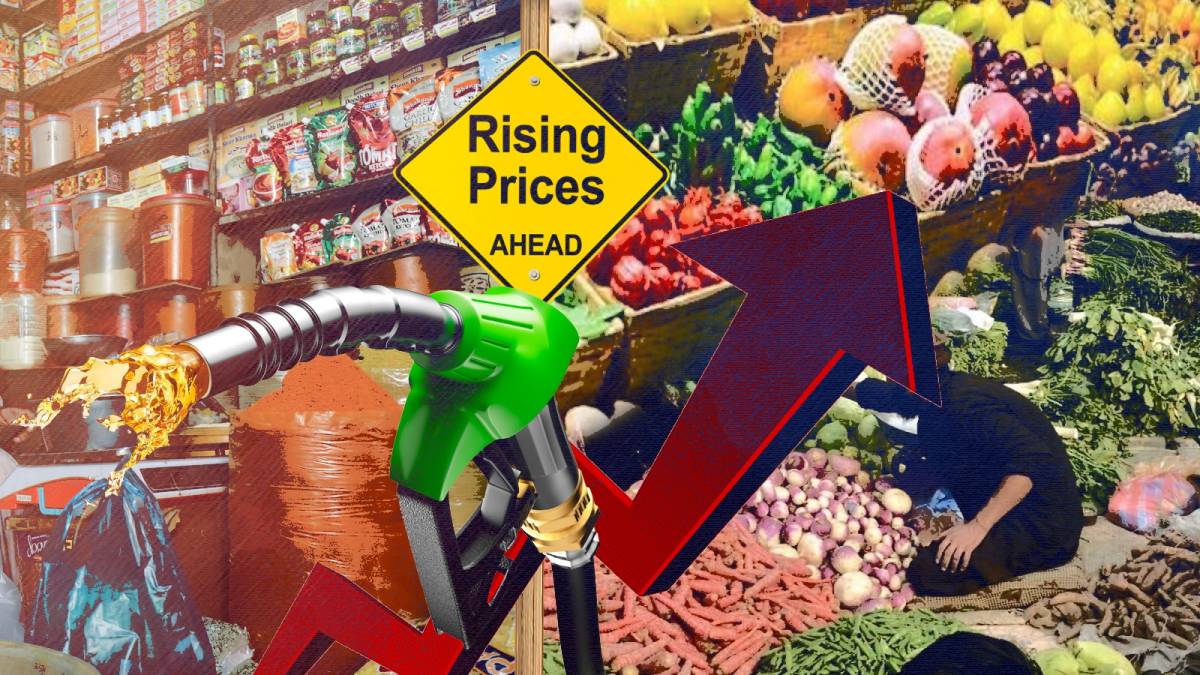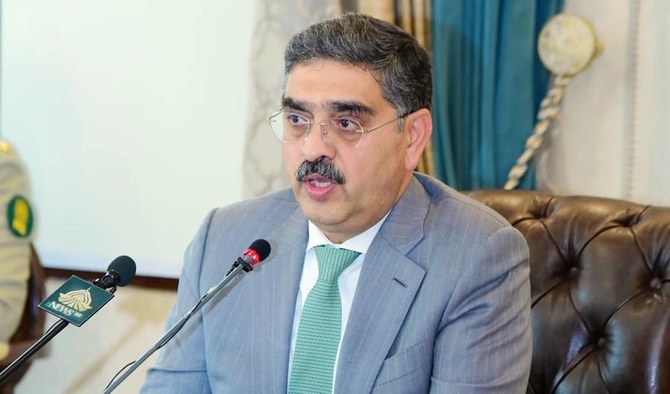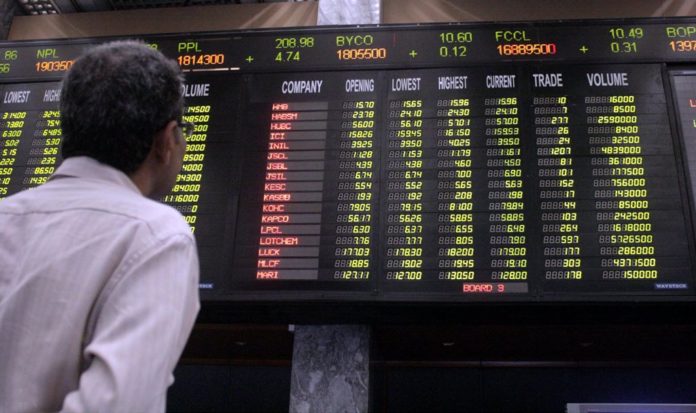PTBP Web Desk
Inflation in Pakistan has been a long-standing economic challenge, causing significant stress on the country’s economy and affecting the everyday lives of its citizens.
Recent reports suggest that the inflationary trend is slowing, and Pakistan is on track to experience the lowest inflation rate in nearly four years. According to a report published by JS Global, the Consumer Price Index (CPI) for September 2024 is projected to register around 7.5%, marking a significant milestone in the country’s battle against inflation. This decline is being attributed to a favorable base effect from last year’s elevated prices and other contributing factors.
The report, released on Saturday, suggests that the nation is progressing through what is being dubbed the “year of disinflation.” As Pakistan benefits from a favorable base effect and other external factors, the CPI is expected to clock in at its lowest level since January 2021, even with a slight month-on-month increase.
Inflation in Pakistan has been a persistent issue, particularly in recent years. The country faced an alarming inflation rate in May of last year when the CPI hit a record high of 38%. This surge was driven by a combination of factors, including rising global oil prices, currency depreciation, and supply chain disruptions.
However, since reaching that peak, inflation has been on a steady downward trajectory. In August 2024, Pakistan’s year-on-year inflation rate was recorded at 9.6%, a significant drop compared to July 2024, when it stood at 11.1%. This was a significant achievement as it marked the return of inflation to single digits after three years of double-digit inflation. The data, provided by the Pakistan Bureau of Statistics (PBS), underscored the gradual improvement in the country’s economic conditions.
According to JS Global’s projections, this trend of declining inflation is expected to continue through the first quarter of 2025. The brokerage firm forecasts that inflation could potentially bottom out at 6% by March 2025. If this projection holds, it would be the lowest inflation rate Pakistan has seen in recent history, providing much-needed relief to businesses, consumers, and policymakers.
The report also cautions that inflation may not stay this low for long. By June 2025, CPI inflation is expected to rebound to around 12%, with a projected real interest rate of 1150 basis points (bps). Despite this expected uptick, the inflation rate would still remain lower than the highs seen in previous years. The report suggests that after June 2025, inflation may stabilize around 10.5%, reflecting a moderate month-on-month pace of 95 basis points.
JS Global attributed the positive outlook on inflation to several key factors. One of the most significant is the relative stability in global oil prices. Oil is a critical input in many sectors of Pakistan’s economy, and fluctuations in its price have a direct impact on inflation. The report suggests that if oil prices remain stable, it will continue to ease inflationary pressures in the country. Additionally, the gradual depreciation of the Pakistani Rupee (PKR) is also playing a role in moderating inflation.
While the PKR’s depreciation can lead to higher import costs, its controlled pace has helped reduce some of the volatility that would otherwise exacerbate inflation. JS Global noted that if either or both of these trends—steady oil prices and gradual PKR depreciation—continue favorably, Pakistan could see even further reductions in its inflation rate.
The slowing inflation trend has significant implications for Pakistan’s monetary policy. The Monetary Policy Committee (MPC) of the State Bank of Pakistan (SBP) has already responded to the declining inflation by reducing the country’s interest rates. In its last meeting, the MPC made its most aggressive policy rate cut since April 2020, slashing the key interest rate by 200 basis points to bring it down to 17.5%.
According to JS Global’s report, this downward trend in inflation strengthens the case for another rate cut in the upcoming MPC meeting in November 2024. The brokerage firm expects the MPC to announce a fourth consecutive rate cut, this time reducing the policy rate by 150 basis points, which would bring it down to 16%. Lower interest rates would provide further stimulus to the economy by reducing the cost of borrowing for businesses and consumers alike, thereby promoting investment and consumption.
While the report paints an optimistic picture of the inflation outlook, there are still challenges on the horizon. The rebound in inflation expected by mid-2025 suggests that the current disinflationary trend may not be permanent. External factors such as global oil prices, changes in currency valuation, and potential supply chain disruptions could easily reverse the progress made thus far.
Furthermore, Pakistan’s economy remains vulnerable to external shocks, particularly in the energy and food sectors, which have a direct impact on inflation. Any unfavorable developments in these areas could derail the progress and lead to higher inflation rates once again.




